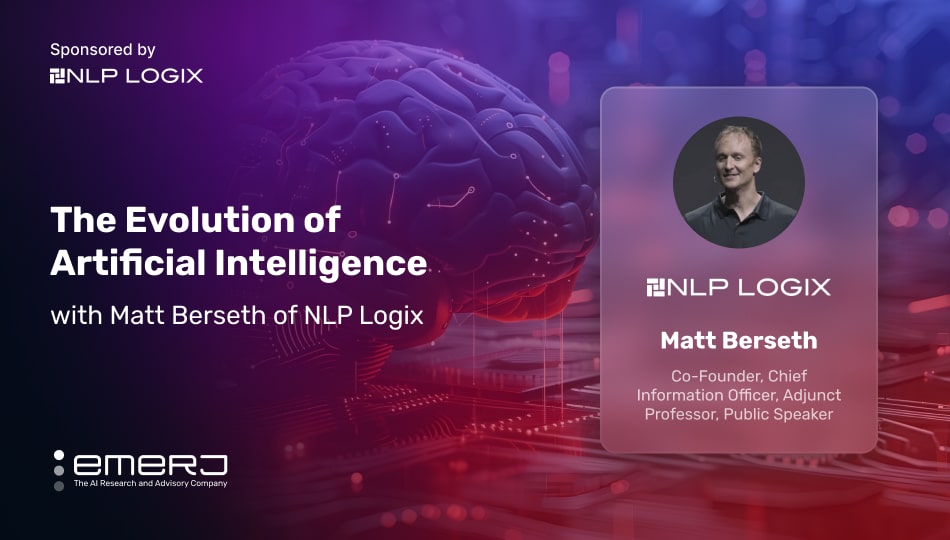Tackling Chargeback Challenges at Scale with Machine Learning and Dynamic Arguments – with Roenen Ben-Ami at Justt
This interview analysis is sponsored by Justt and was written, edited, and published in alignment with our Emerj sponsored content guidelines.…

•








